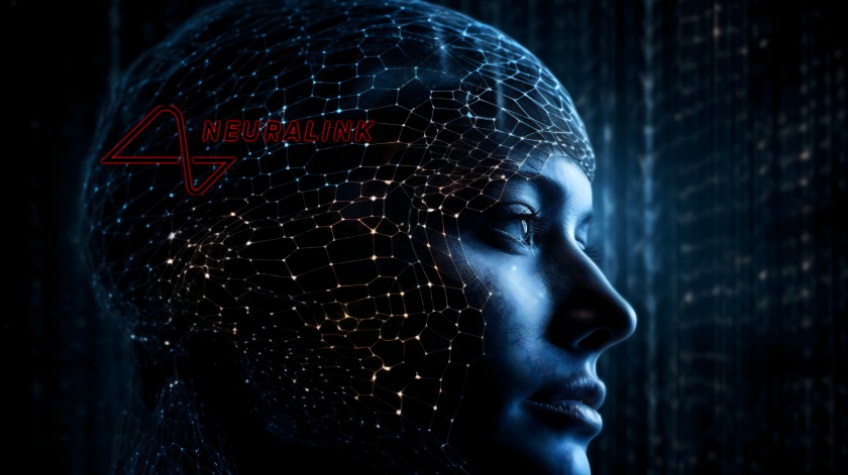
Elon Musk’s Neuralink, a brain-computer interface (BCI) company, has ignited a firestorm of curiosity and ethical concerns. While the potential to revolutionize how we interact with technology and treat neurological conditions is undeniable, the project raises profound questions about privacy, safety, and the future of humanity.
The Promise
Neuralink’s ambition is to implant tiny chips directly into the brain, creating a seamless connection between our thoughts and computers. This could have life-changing implications for individuals with paralysis, enabling them to control devices and regain some lost independence. Additionally, Neuralink envisions applications in enhancing memory, cognition, and even communication with AI.
The Ethical Minefield
However, the ethical concerns surrounding Neuralink are vast and complex. The potential for data breaches and manipulation of our thoughts raises serious privacy issues. The long-term effects of implanting foreign objects in the brain remain unknown, and the possibility of unintended consequences or malfunctions is concerning.
Furthermore, the potential for widening social and economic inequality with access to such advanced technology looms large.
Beyond Medicine
While the initial focus is on medical applications, the future potential of BCIs extends far beyond. Imagine directly accessing information through your brain, controlling devices with a thought, or even enhancing creativity and communication in ways currently unimaginable. These possibilities are exciting, but also raise questions about the digital divide, potential misuse, and the erosion of the very essence of what it means to be human.
Regulatory Hurdles
Before widespread adoption, Neuralink faces significant regulatory challenges. Ensuring the safety, security, and ethical considerations of this technology are paramount. Governments and regulatory bodies will need to develop robust frameworks to address these concerns and ensure responsible development and use.
The Road Ahead
Neuralink is still in its early stages, and much remains unknown. While the potential is undeniable, it’s crucial to approach this technology with caution and critical thinking. Relying on credible sources, avoiding misinformation, and engaging in open discussions about the ethical implications are crucial as we navigate this rapidly evolving landscape.
Also See: How AI is Supercharging Data Centers for a Sustainable Future
Mind Meld or Dystopia?
The ultimate impact of Neuralink remains to be seen. It has the potential to be a transformative technology, but also the potential to create unforeseen risks and societal challenges. Only time will tell if it becomes a mind meld of human and machine or a cautionary tale of technological overreach. The choices we make today will shape the future of this technology and its impact on humanity.
Additional Considerations
- The role of public education and awareness in responsible development and use of BCIs.
- The potential impact on mental health and well-being in a society increasingly reliant on technology.
- The need for international collaboration and coordination to address the global implications of BCIs.
This is just a starting point for the conversation. There are many other aspects to consider, and the dialogue should be ongoing and inclusive.






